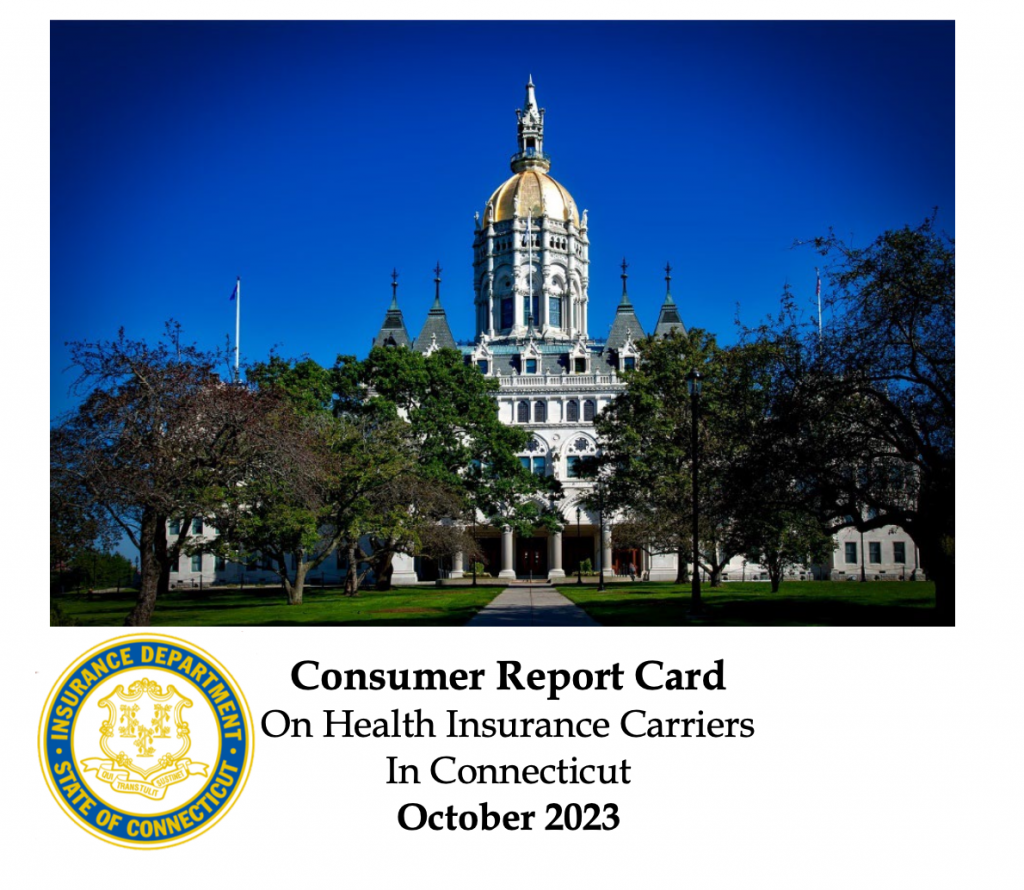insurance
No evidence to justify price increases for eight of top 10 most costly drugs
ICER’s latest Unsupported Price Increase report from the Institute for Clinical and Economic Review finds that, last year, eight of the ten most costly drugs in the US that raised net prices well over the rate of general inflation, had no new clinical evidence of effectiveness to justify the increases. The increases on just these…
Read MoreICER seeking nominations for New England evidence review council
The Institute for Economic and Clinical Review (ICER) is seeking nominations for new members to the New England Comparative Effectiveness Public Advisory Council (New England CEPAC). In my time on the New England CEPAC, it was an exciting dive into learning new things with a team of exceptional experts and colleagues from across the region.…
Read MoreICER fair access report finds improvements but problems with transparency
ICER’s third annual Barriers to Fair Access report found that most prescription drug coverage policies met fair rules for patient access. This is an improvement over previous years suggesting that transparency and public sunlight works. But the report also found that policies needed more transparency and are too complex. Policies on which patients are eligible…
Read MoreBook Club: We’ve Got You Covered
I wasn’t looking forward to reading yet another book promoting yet another idea to solve America’s broken healthcare system. But it’s my job, so I dove into We’ve Got You Covered: Rebooting American Health Care by Liran Einav and Amy Finkelstin. I’m a convert now – mostly. The first half of the book is the…
Read MoreOp-Ed: The Charts That Scare Health Insurance Watchdogs
Self-insured small group plans sound innocuous but they’re not – and they are growing quickly. The plans save money for some small businesses, but they have serious risks. It’s kind of complicated but stay with me. I’ll walk you through it; there will be no numbers. Read more
Read MoreSpeaker Series #4 — Healthcare for people with developmental disabilities — Reports from other states
Following up on the first webinars on healthcare access for people with developmental disabilities, the fourth webinar in the Fall Series will focus on Reports From Other States including Colorado, Maine, and Rhode Island. It will be Tuesday, October 31st. The Fall speaker series is sponsored by the CT Council on Developmental Disabilities and UCEDD.…
Read MoreCT commercial insurance enrollment down 5%; several possible explanations
Download the report Last year, total enrollment in Connecticut’s commercial managed care plans was 1,666,972. That was down by 85,019 from 2021 at 1,750,904, according to the this year’s Consumer Report Card from the CT Insurance Department. The drop in enrollment was almost entirely from large group plans with over 50 members and spread across…
Read MoreHealthcare for CT residents with developmental disabilities — Webinar #3
Following up on the first webinars on healthcare access for people with developmental disabilities, the third webinar in the Fall Series will focus on Diversity, Equity, Inclusion, and Access to Healthcare. It will be Tuesday, October 17th. The Fall speaker series is sponsored by the CT Council on Developmental Disabilities and UCEDD. Register here for…
Read MoreCT Healthcare Explained — what’s next?
Hopefully, you’ve found our short Sunday Health Policy Minute emails informative and helpful. This is just the beginning of CT Healthcare Explained’s efforts to help make sense of our state’s unreasonably complex system. Hopefully, you’ve accessed the site resources including explainer videos, Basics, and Deeper Dives on the current seventeen topics. Consumers, policymakers, clinicians, students,…
Read MoreHealthcare access for CT residents with developmental disabilities Speaker Series
About 45,000 Connecticut residents have a developmental disability. Compared to Americans without disabilities, adults with intellectual and developmental disabilities are five times more likely to be in poor health, half as likely to get a check-up, have lower rates of blood pressure checks, flu shots, oral health care, and screens for cancer, cholesterol, vision, or…
Read More









